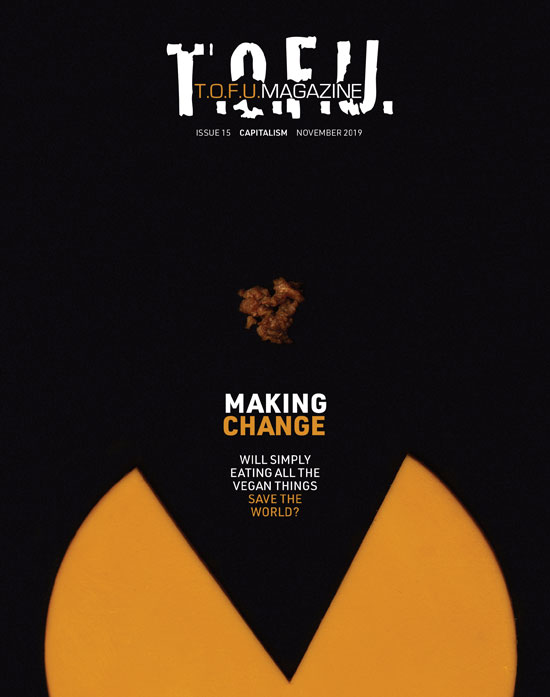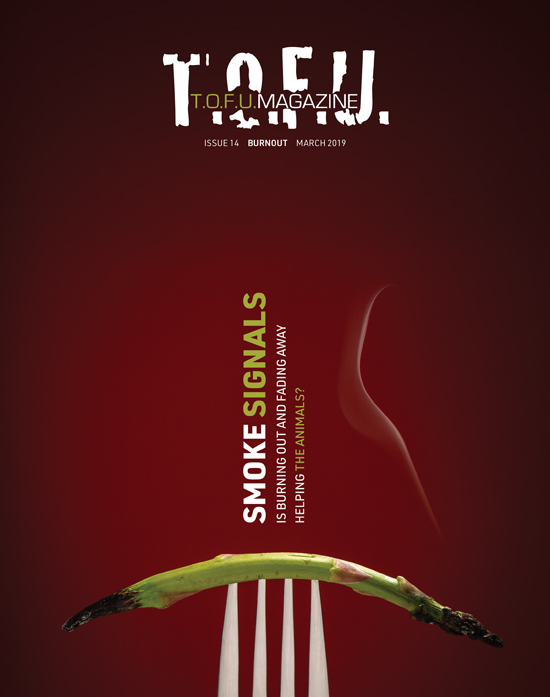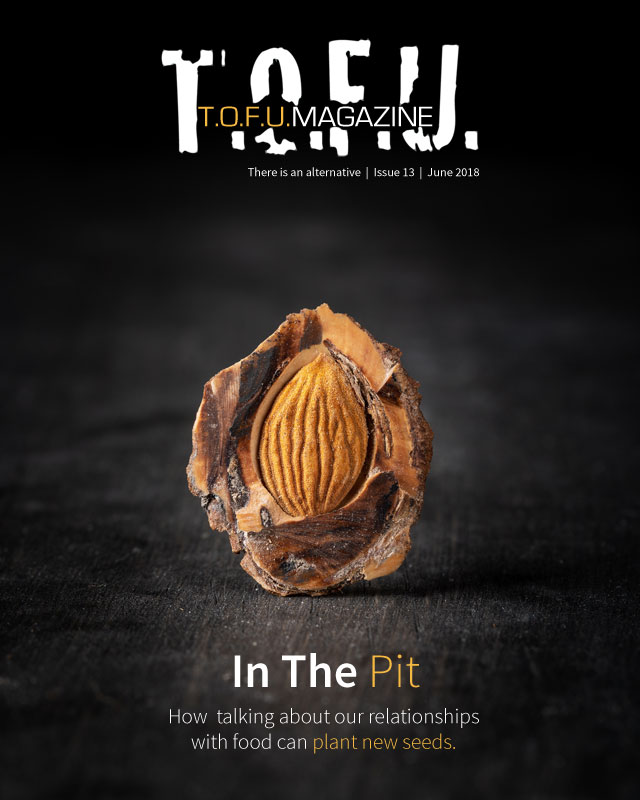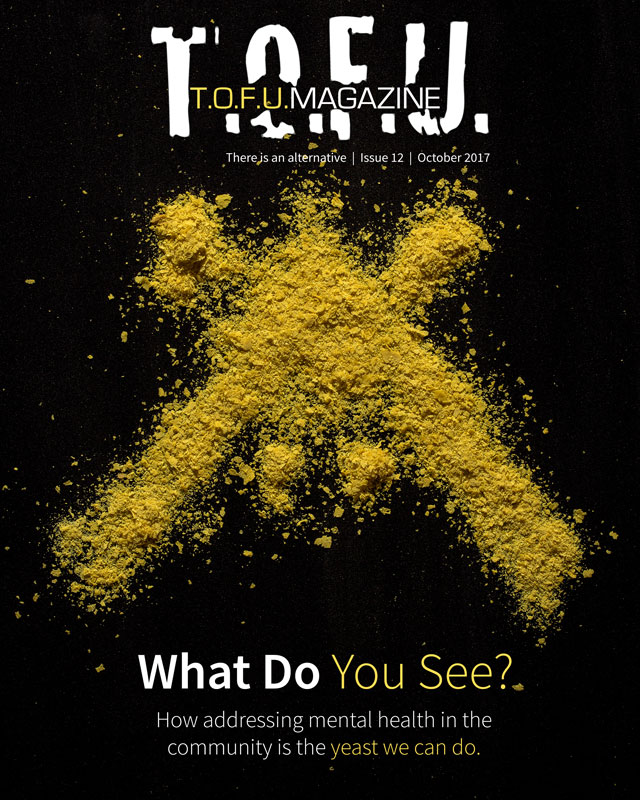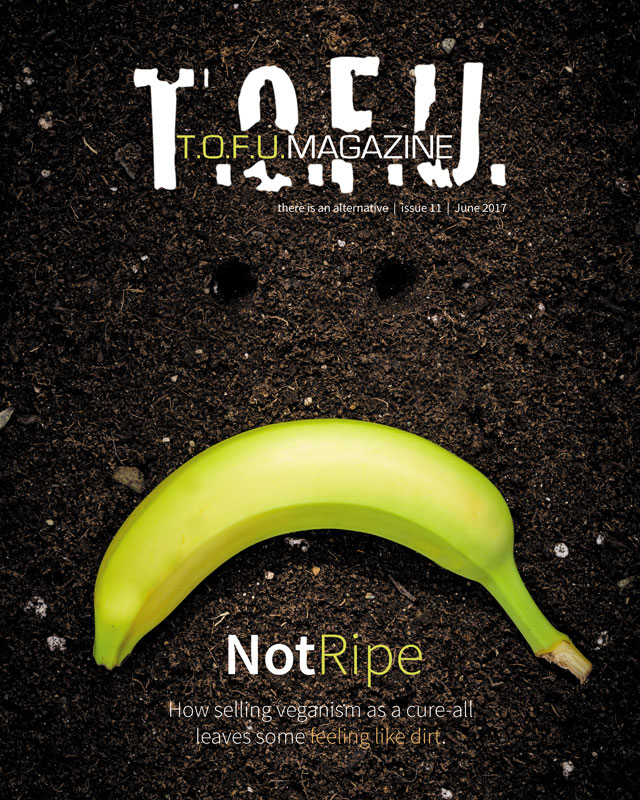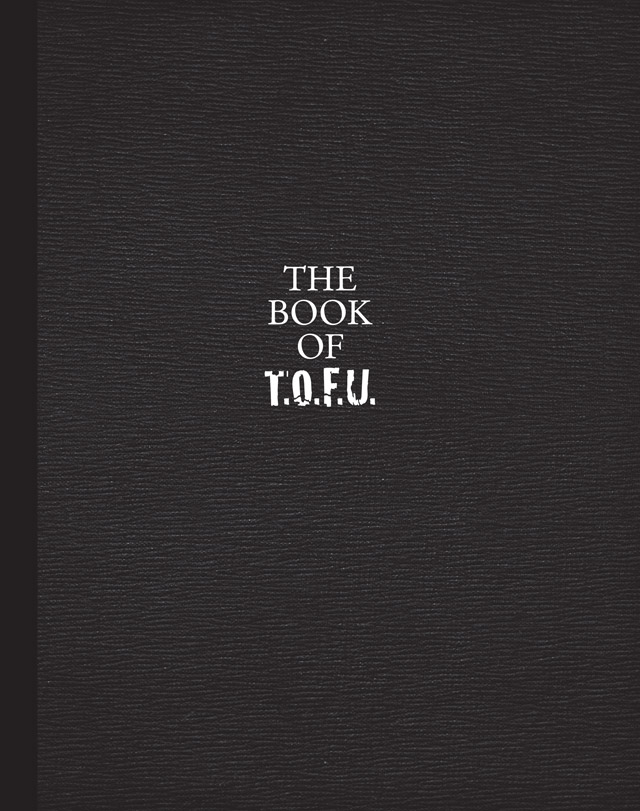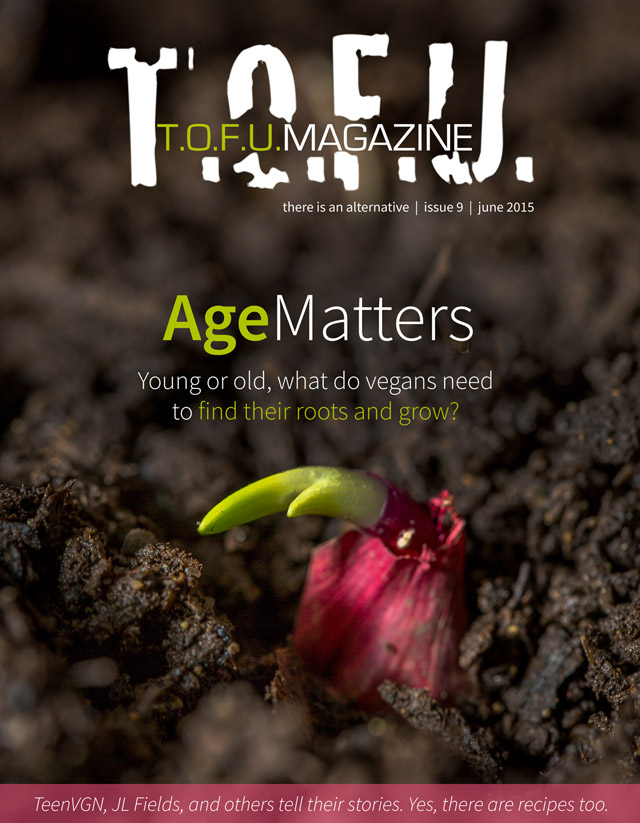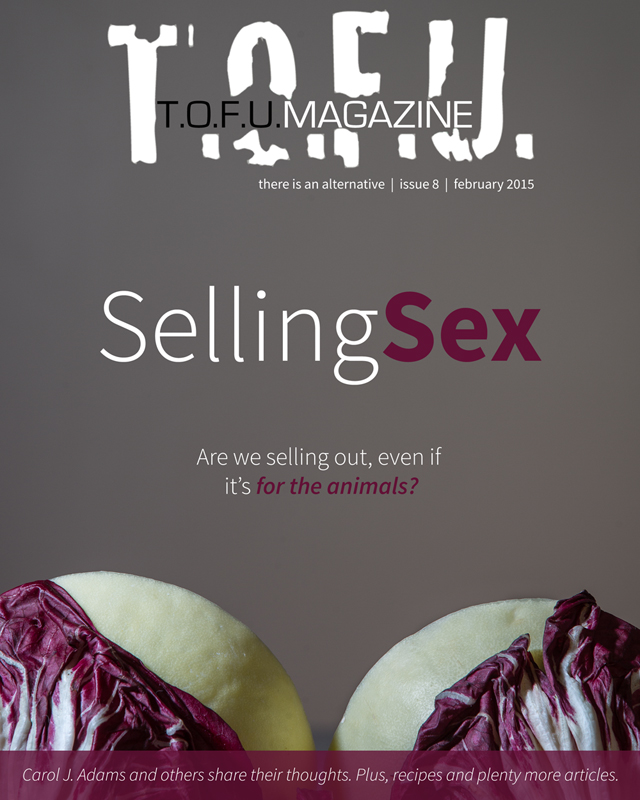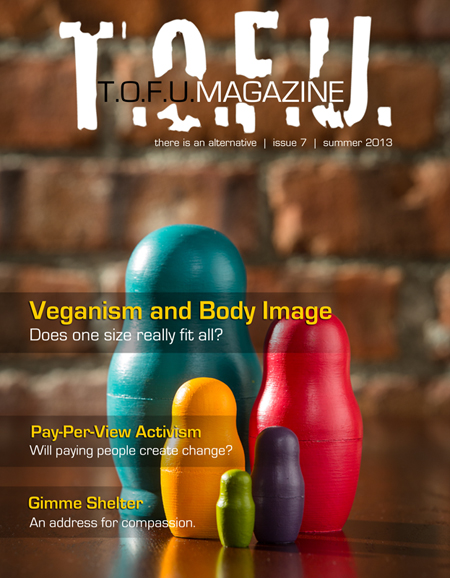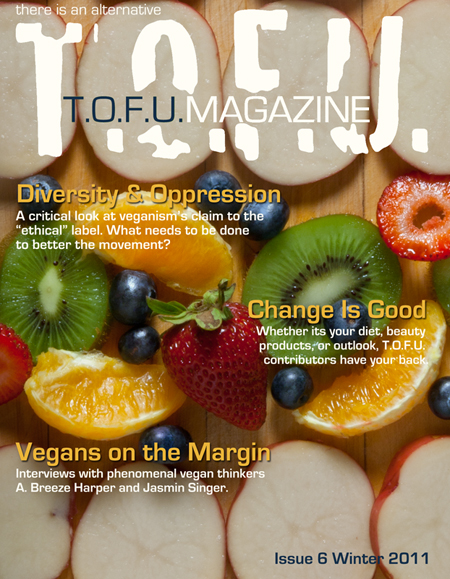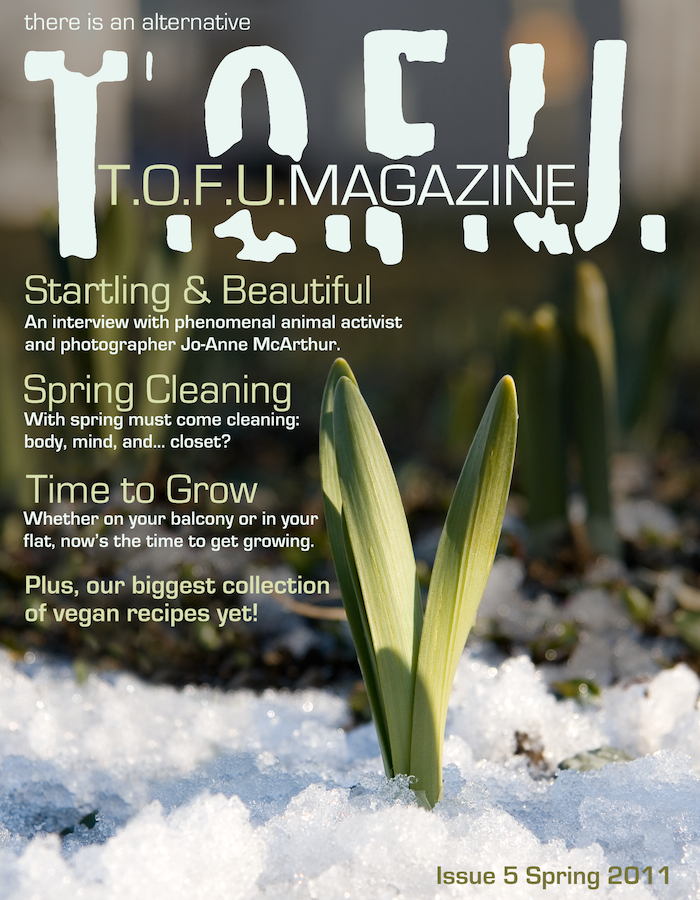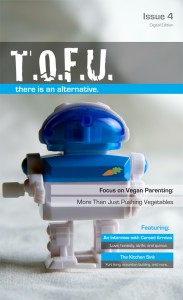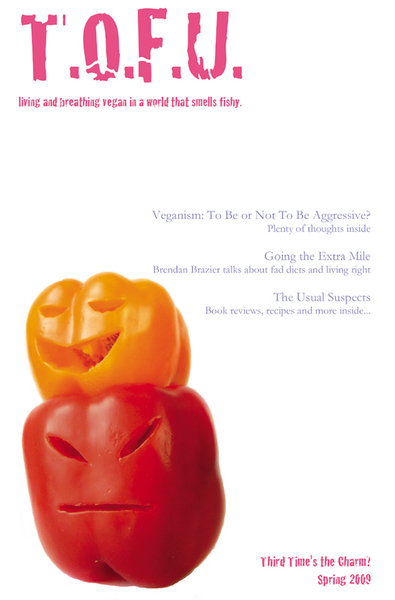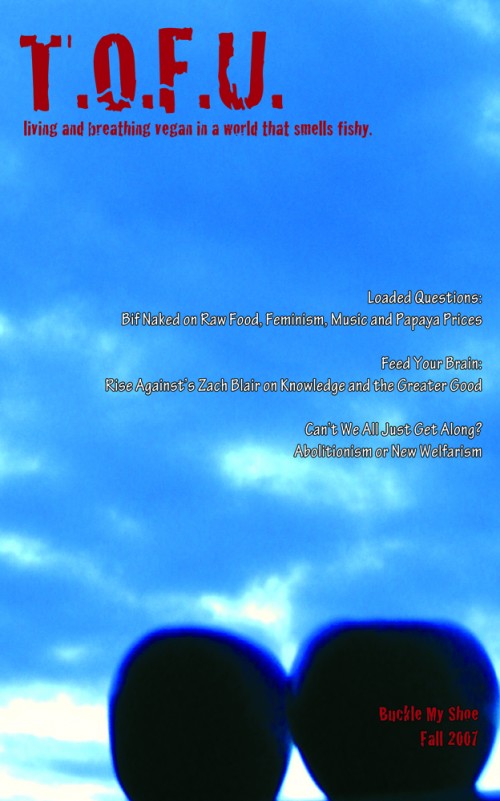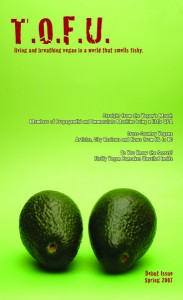Happy Meat: what exactly is humane about humane meat?
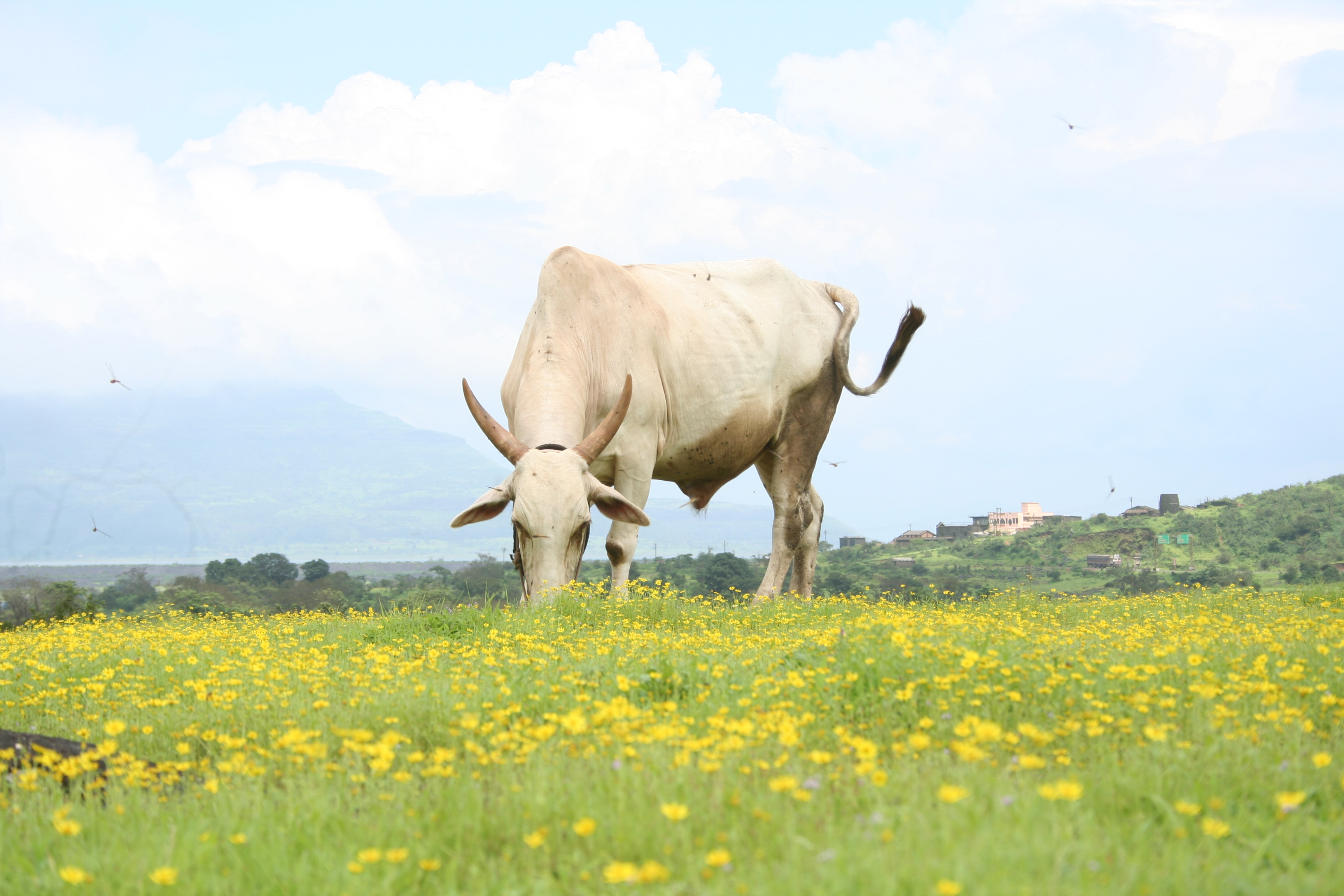
Almost every vegan has come across this argument at least once: the notion that it is “natural” to eat meat. This is not news. When dealing with disrespectful omnis who don’t think of animals as more than walking lunch boxes you expect this kind of knee-jerk reaction, and know to disengage – you’re not going to get anywhere. But what about the other omnivores? The ones who recognise that there is something deeply wrong with the factory farm system, who acknowledge that animals can and do feel, and that they have a degree of sentience? For all rights and purposes, it seems like vegans and these conscientious omnivores have everything in common – except the desire to eat (formerly) living beings.
I’ve only been vegan for a little over a year, but I haven’t eaten meat since elementary school. For me, there was no way I could reconcile my steadfast belief in the extension of compassion to all feeling beings and meat eating. At ten years old, this seemed like an impossible feat. It still does. I am healthy as a vegan, and I was healthy as a vegetarian, too. If the only justification for eating meat in my case is taste, well… To me, that’s not an ethically sound decision. Still, I’ve always made exceptions for people who didn’t have the means to access my diet in a way that was healthy. I do believe that there are (some) bodies that require animal products. Beyond that, though, I also believe that there are social and economic contexts that make vegetarianism and veganism inaccessible. Extreme poverty or poor access to vegetables (like in the far North) would put a large financial/environmental burden on people that may not be justifiable in some ways. Ironically, here is where the argument for humane meat falls apart: it ain’t cheap, and it ain’t accessible. Unlike standard, factory-farmed grocery store meat, “ethical” meat is expensive, and mostly available (to urbanites, who comprise the majority of the North American population) in specialised stores and farmer’s markets. The people who buy these meats are therefore in a financial postion to afford them, a social position to find them, and have at least some interest in the well-being of animals and/or the planet. So why are they still eating meat? Barring a health issue, there is nothing stopping these people from cutting it out of their diet.
Except, perhaps, nature.
As Sunaura Taylor argues in this article, nature has long been used to justify bad behaviour. As Taylor states, human biases infuse our ideas about what is “natural,” and what is “justifiable.” Reasonable people no longer apply the nature agument to issues like racism or sexism (“a woman’s natural place is in the kitchen,” “black people are naturally not as worthy as white people”). In fact, most would find those arguments abhorrent – and rightly so! So why does this not apply to animals? The problem is that many omnivores simply do not grant animals the same value as humans… Much like slavers did not view black people as worthy of human consideration, much like women were not officially recognised as people until the last century. This cognitive dissonance allows “conscientious omnivores” to think of themselves as compassionate towards animals, without having to acknowledge the harm they do to them.
What does and does not constitute a body worthy of compassion and respect is a fluid concept. Both slaves and women were viewed as property at one time; it was no more  a crime to kill them than it was to destroy an old carpet. The animals deemed worthy of protection and care are also arbitrarily selected. Most North Americans would cringe at the idea of torturing a dog or shooting an elephant, but don’t think twice about raising a cow for the sole purpose of being able to kill it later. It seems to me that what determines a valuable life is not related to the actual value of that life. Just because people don’t want to think of animals as having a right to life doesn’t mean that they shouldn’t; the prevailing social opinion here is just as worthless as it was in regards to the rights of black people or women. Much like Natalie Portman’s hypocritical return to eggs and dairy for the sake of craving bakery cookies (as if LA isn’t chock-a-block full of vegan options?), the idea of humane meat cannot be examined on its own terms. Once you turn a critical eye to this concept it becomes apparent that, as Taylor claims, “humane meat is an oxymoron.”

